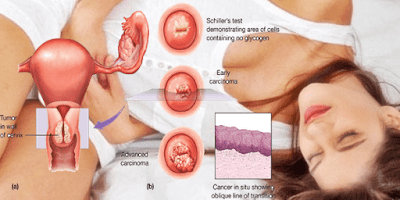Is it true that vitamin D can reduce the risk of contracting the coronavirus?
Vitamin D is known as a nutrient that plays an important role in the immune system. This makes many people wonder, is it true that vitamin D can reduce the risk of contracting the coronavirus?
As we know, the coronavirus is very vulnerable to attacking people with low immunity. At the start of the pandemic, the trend of sunbathing to get vitamin D intake was also popular among the public.
So what is the role of vitamin D in our bodies? Is it true that vitamin D can reduce the risk of being infected with the coronavirus? This is a review for you.
Know more about vitamin D
Vitamin D is a fat-soluble vitamin and plays several important roles in the body. The body will produce vitamin D when direct sunlight converts the chemicals in the skin into the active form of the vitamin (calciferol).
Vitamin D is not found in many foods, but you can get it from milk, cereals, and fatty fish like salmon, mackerel, and sardines.
Apart from playing a role in the immune system, vitamin D is also a nutrient that plays an important role in healthy bones and teeth. That's because calcium, the main component of bones, can only be absorbed by the body when vitamin D is sufficient.
The role of vitamin D in the immune system
The immune system is the body's first bastion against the threat of various infections and diseases. Well, vitamin D plays an important role in increasing the immune response.
Vitamin D is known to increase the function and response of immune cells in recognizing the threat of infectious diseases. Quoted from Healthline, a deficiency of vitamin D can make a person more susceptible to disease.
Inadequate vitamin D intake is associated with an increased risk of respiratory disease. These include tuberculosis, asthma, chronic obstructive pulmonary disease (COPD), and viral and bacterial respiratory infections.
The relationship between vitamin D and the coronavirus
Until now, there have been no studies that specifically looked at the impact between vitamin D consumption and the risk of contracting Covid-19.
However, research has shown that a deficiency in vitamin D can impair immune function and increase the risk of respiratory disease.
Additionally, several studies have shown that vitamin D supplements can improve your immune response and protect you from overall respiratory infections.
A recent study involving 11,321 people from 14 countries showed that taking vitamin D supplements reduced the risk of acute respiratory infections (ARI) in those who were deficient in vitamin D and those who had adequate levels.
So, although there is no clear scientific evidence that consuming enough vitamin D can specifically protect you from COVID-19, it is important to know that a lack of vitamin D can increase your susceptibility to infections and disease as a whole.
In conclusion, consuming large amounts of vitamin D is not the main way to avoid the coronavirus. However, with adequate consumption of vitamin D, your body will have a stronger defense from various disease threats.
If you are interested in starting taking vitamin D to strengthen your immune system, it is better to consult with your doctor or medical professional first.
Tips for consuming vitamin D
Can you take large amounts of vitamin D supplements? Although vitamin D supplements are very safe, taking more than the recommended amount each day can be harmful in the long run.
As reported by the BBC, here are consumption suggestions if you want to make vitamin D a daily supplement:
Children 1 to 10 years of age should not consume more than 50 micrograms a day
Infants (under 12 months) should not consume more than 25 micrograms a day
Adults should not consume more than 100 micrograms per day, with the recommended amount being 10 micrograms per day
Higher doses are sometimes recommended by doctors for patients diagnosed with vitamin D deficiency.
Vitamin D is proven to play an important role in our immune system, but there are no specific studies that prove that taking vitamin D can reduce the risk of contracting COVID-19.
Take vitamin D wisely and according to doctor's recommendations. Perform physical distancing, use masks in public places, and wash your hands are still the main preventive steps to avoid COVID-19.






